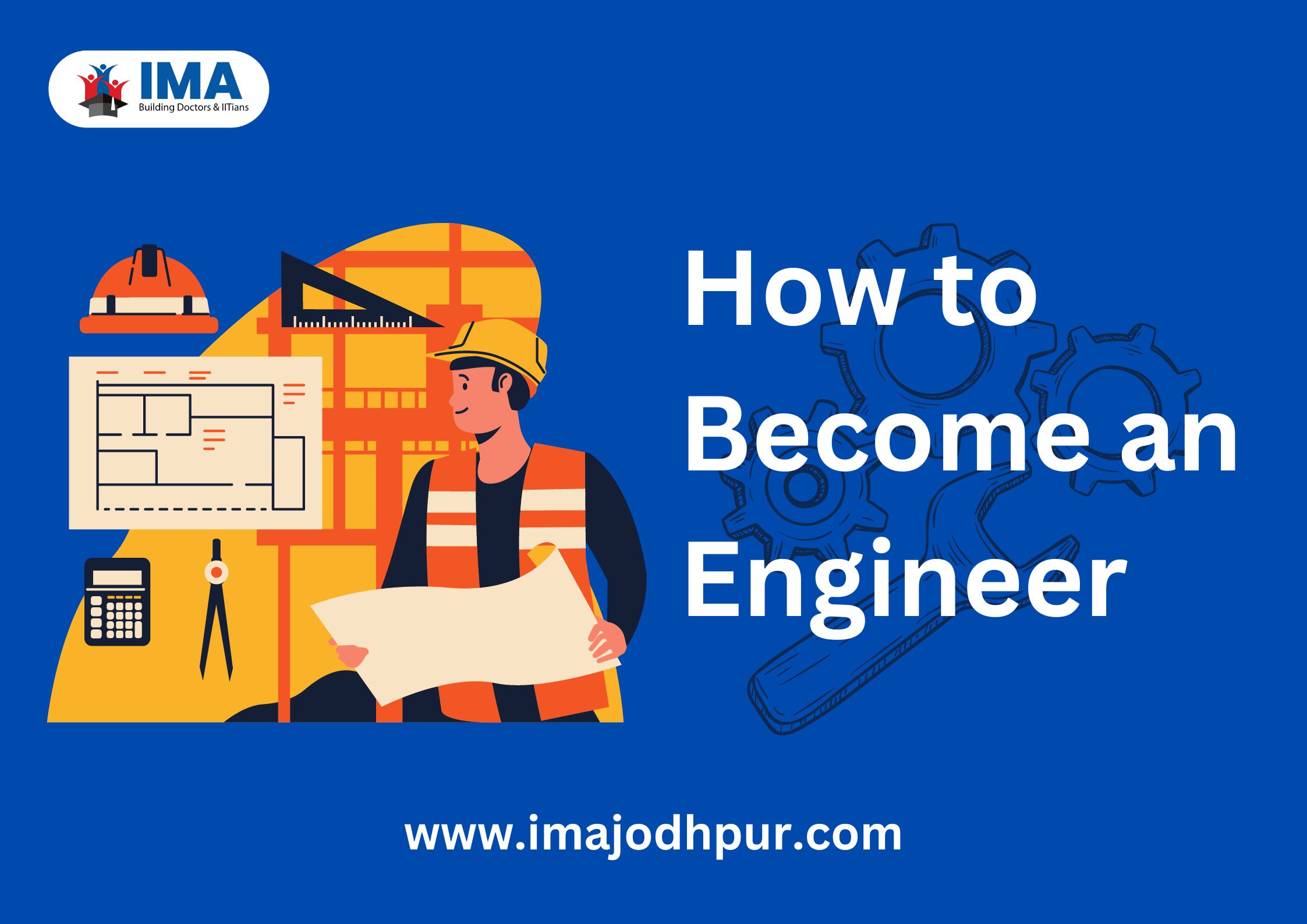
Engineering is a broad and diverse field that involves the application of scientific principles, mathematics, and creativity to design, build, analyse, and improve structures, systems, devices, and processes. Engineers play a crucial role in solving real-world problems and contributing to technological advancements across various industries. The total duration to become an engineer is 4 to 4.5 years after 12thTo become an engineer after 12th, candidates need to pursue a Bachelor's in Engineering or Technology.Engineering might just be your calling! But where do you start? This blog is your blueprint, your compass, your guide to building your future as an engineer. Industry Engineering & Technology Eligibility Class 12th board exams with mandatory subject combination of Physics, Chemistry & Mathematics Average Starting Salary INR 3.50 LPA - 5.25 LPA Highest Salary INR 15 LPA & above Job Opportunity Software Developer Electrical engineer Computer Science Engineer Automobile Engineer Eligibility to Become an Engineer after 12th The eligibility criteria for pursuing a career as an engineer are as follows: Candidates should have completed 10+2 from a recognized board with Physics, Chemistry, and Maths as compulsory subjects. Candidates should have passed their 10+2 with at least 60%. Candidates should have appeared for the JEE mains exam. Steps to Become an Engineer after 12th To become an engineer, candidates can opt for higher school education or diploma courses to study full-time engineering graduate courses. The general steps that can be followed to become an engineer are as follows. Step 1: The first step is to complete class 12th with Mathematics, Physics, and Chemistry from a recognized board. Step 2: Score valid marks and ranks in the relevant Entrance Exam. The entrance exams are JEE, State-wise CETs, and Institute-wise CETs. Step 3: Take part in the admission process as per the kind of entrance exams and colleges like merit marks evaluation, initial seat allotment, registration for registration quota, counselling, and interview. Step 4: After going through the merit-based admission process, candidates should secure a seat and join the college. Step 5: Complete the 4 years course which has 8 semesters, each with a period of 6 months. It consists of internal exams, external exams, practicals, project works, vivas, and internships. Step 6: Appear for campus placements or apply for relevant engineering jobs in companies on your own. Engineering courses after 12th After completing the 12th grade, students interested in pursuing engineering have several options for courses at the undergraduate level. Here are some common engineering courses that students can consider: Bachelor of Technology (B.Tech): B.Tech is a common undergraduate degree in engineering. It usually spans four years and covers various engineering disciplines like Civil Engineering, Mechanical Engineering, Electrical Engineering, Computer Science, Electronics and Communication Engineering, Chemical Engineering, and more. Bachelor of Engineering (B.E.): Similar to B.Tech, B.E. is another undergraduate degree in engineering. The content and structure are often similar, with students specialising in specific engineering disciplines. Integrated Dual-Degree Programs: Some universities offer integrated programs that combine a bachelor's and master's degree. These programs typically last five years and allow students to earn both degrees in a shorter time. Diploma in Engineering: Diploma programs in engineering are shorter in duration (usually three years) and offer a more hands-on, practical approach. After completing a diploma, students may have the option to directly enter the workforce or pursue further education to obtain a B.Tech or B.E. degree. Integrated M.Tech or M.Sc. Programs: Some institutions offer integrated programs that combine a bachelor's degree with a master's degree in engineering or science. This allows students to streamline their education and earn advanced qualifications in a shorter time. Specialized Engineering Programs: Depending on the university, there might be specialised engineering programs focusing on specific domains such as Aerospace Engineering, Biomedical Engineering, Environmental Engineering, etc. Entrance Exams In many countries, admission to engineering programs is based on entrance exams. Examples include JEE (Joint Entrance Examination) in India, SAT (Scholastic Assessment Test) or ACT (American College Testing) in the United States, and others. Skills required to become an engineer Technical skills: Strong Mathematics and Science Foundation Computer Literacy and Programming Analytical Thinking and Problem-Solving Design and Innovation Soft skills: Communication and Teamwork Critical Thinking and Decision-Making Attention to Detail and Accuracy Lifelong Learning and Adaptability Problem-Solving and Curiosity Benefits of becoming an Engineer Becoming an engineer offers a range of benefits, both professionally and personally. Problem-Solving Skills: Engineers are trained to identify, analyze, and solve complex problems. This skill set is valuable not only in the professional realm but also in everyday life. Diverse Career Opportunities: Engineering is a broad field with various disciplines, including civil, mechanical, electrical, aerospace, chemical, and more. This diversity provides engineers with a wide range of career options and the flexibility to specialise in different areas. Financial Stability: Engineering professions are often associated with competitive salaries and good job stability. The demand for skilled engineers remains high in various industries, contributing to a favourable job market. Versatility in Industries: Engineers are not limited to a specific industry. Their skills are transferable across sectors, allowing them to explore different fields such as technology, healthcare, energy, manufacturing, and more. Job Satisfaction: The ability to see tangible results of one's work, whether it's a completed structure, a new product, or an improved system, can contribute to a high level of job satisfaction for engineers. Conclusion In summary, engineering is a multifaceted field that involves problem-solving, creativity, and the application of scientific and mathematical principles to design solutions that address real-world challenges. The diverse disciplines within engineering contribute to advancements in technology, infrastructure, and the improvement of quality of life.